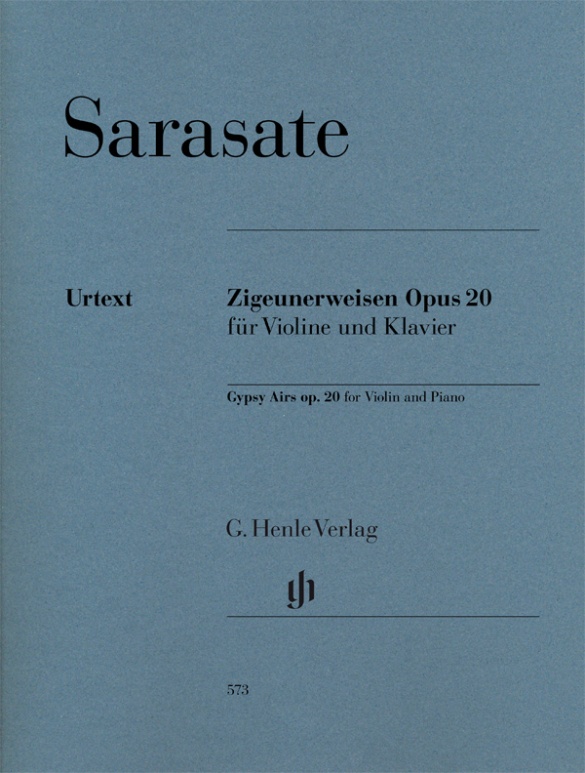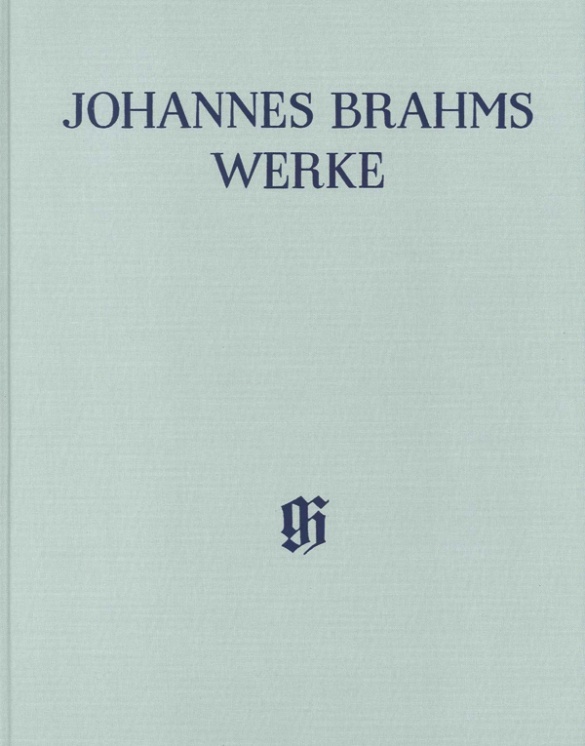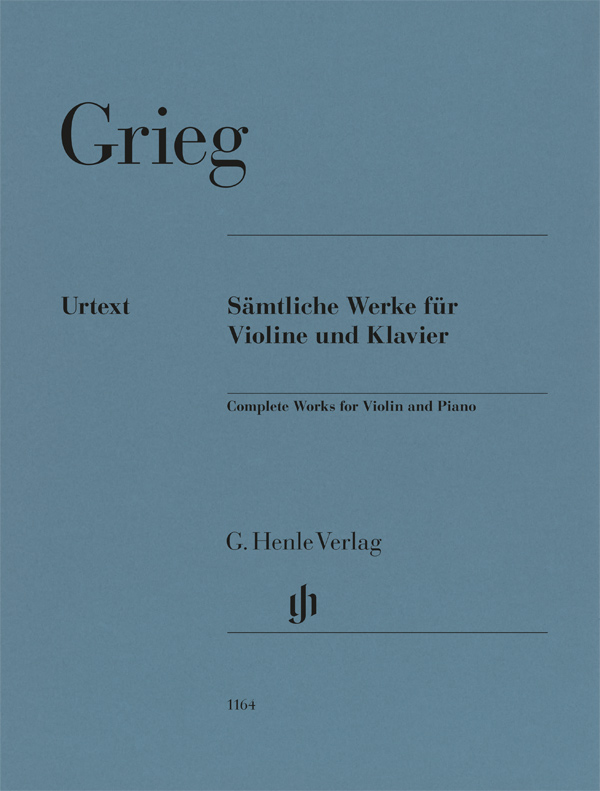

Edvard Grieg
Oeuvres complètes pour violon et piano
Les sonates pour violon de Grieg appartiennent au répertoire de base des violonistes et sont appréciées tant des amateurs que des professionnels. Les éditions G. Henle en sont conscientes et publient une édition pratique de l’intégrale des trois sonates. Ainsi, on a l’embarras du choix entre l’élan juvénile de la première sonate, le charme nordique et folklorique de la deuxième ou l’intensité dramatique aboutie de la troisième. L’opulent volume est complété d’une petite pièce idéale en guise de bis: une marche tirée de la musique de scène Sigurd Jorsalfar de Grieg, arrangée pour violon et piano par le compositeur lui-même. Ainsi, cette édition Henle-Urtext offre-t-elle réellement la totalité des œuvres de Grieg pour cette formation – un must pour tous les fans du grand mélodiste nordique.
CONTENU/DÉTAILS
(Explanation)
CONCERNANT LE COMPOSITEUR
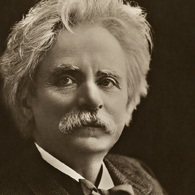
Edvard Grieg
Compositeur norvégien le plus important du XIXe s. et promoteur de la musique populaire norvégienne. Principalement connu par ses pièces de caractère lyriques.
| 1843 | Né le 15 juin à Bergen, fils d’un marchant et consul britannique; cours de piano de bonne heure auprès de sa mère qui était pianiste. |
| 1858–62 | Études au conservatoire de Leipzig. |
| 1862 | Concerts en Norvège. |
| 1863 | Copenhague, soutenu par Niels W. Gade. |
| à partir de 1864 | S’intéresse à la musique populaire norvégienne qui se retrouve dans ses compositions. |
| 1866 | Percée avec un concert comportant de la musique norvégienne. Chef d’orchestre de la Société Philharmonique. |
| 1867 | Premier des 10 recueils de pièces lyriques pour piano op. 12 avec des compositions pour piano relativement simples. |
| 1868/69 | Composition du Concerto pour piano en La mineur op. 16 qui se réfère au concerto pour piano de Schumann. |
| 1869 | «25 mélodies populaires et danses norvégiennes» op. 17 pour piano. |
| 1873 | Commence à travailler à l’opéra «Olav Trygvason» op. 50 d’après Bjørnson, demeuré inachevé. |
| 1874 | Bénéficiaire d’une bourse d’État pour la composition. |
| 1874/75 | Composition de la musique de scène op. 23 pour «Peer Gynt» d’Ibsen, d’où seront issues les Suites pour orchestre «Peer Gynt». |
| 1876 | Assiste à la création à Bayreuth de l’«Anneau des Niebelungen» de Wagner. |
| 1880–82 | Chef d’orchestre de la Société de musique «Harmonies» à Bergen. Après cela il n’accepta plus d’autres postes. |
| 1883 | Se rend à Bayreuth où il entend «Parsifal» de Wagner. |
| 1884 | Il compose «Du Temps de Holberg» op. 40, son œuvre la plus populaire. |
| à partir de 1885 | Il emménage dans sa villa «Troldhaugen» (près Bergen). Composition et révision d’œuvres plus anciennes au cours du printemps et de l’été, tournées de concerts à l’automne et en hiver. |
| 1891 | Composition de la «Suite lyrique» op. 54, orchestrée en 1905. |
| 1907 | Il meurt le 4 septembre à Bergen. |
About the Authors
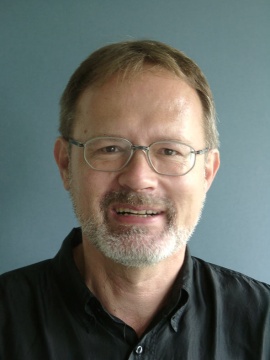
Ernst-Günter Heinemann (Editeur)
Dr. Ernst-Günter Heinemann, born in 1945 in Bad Marienberg (Westerwald), completed his schooling in Gießen and read musicology, philosophy and German in Marburg and Frankfurt/Main and also for some time Protestant church music. He did his doctorate on “Franz Liszts geistliche Musik. Zum Konflikt von Kunst und Engagement”.
From 1978–2010 Heinemann worked as an editor at G. Henle Publishers (in 1978 in Duisburg, from 1979 onwards in Munich). He edited a great many Urtext editions for the publishing house, including “Das Wohltemperierte Klavier”, Volume 1 by Bach and all of Debussy’s piano works. In addition, he wrote essays on Debussy, Grieg, Liszt, Mendelssohn and questions concerning general editing, as well as giving seminars on editorial practice for musicology students in Munich.
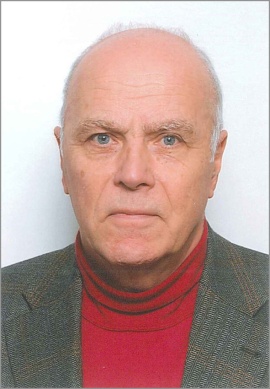
Egon Voss (Editeur)
Dr. Egon Voss, born in 1938 in Magdeburg, did a secondary school teaching degree in Detmold (Staatsexamen in 1961) and studied German, philosophy and pedagogy in Kiel and Münster (Staatsexamen 1964). He subsequently studied musicology in Cologne, Kiel and Saarbrücken and completed his doctorate in 1968.
In 1969 Voss became a scholar at the Richard Wagner Complete Edition in Munich, since 1981 he has been its Head. From 1989 to 1990 he was the dramaturg at the Théȃtre la Monnaie/de Munt Brüssel, and from 1996 to 2002 a lecturer at the post-graduate programme “Textkritik” at the Ludwig-Maximilians-Universität in Munich. Voss is a member of the advisory board for the edition “Richard Wagner, Sämtliche Briefe” as well as the journals “wagnerspectrum” and “The Wagner Journal”. He has published several books and a great many essays on Wagner, Schumann, Bach and other composers and musicological topics.
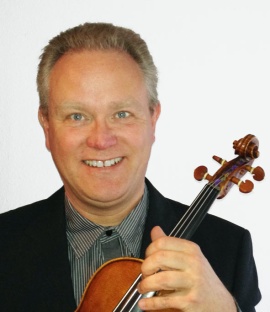
Ernst Schliephake (Doigtés violon)
Ernst Schliephake was born in 1962. At the age of seven he was already a state prize-winner in the category violin at the young people’s music competition “Jugend musiziert”; the following year he achieved the same result with the clarinet. He was taught by Klaus Speicher and Heinz Hepp (violin and clarinet) and studied the violin in 1979 with Prof. Lukas David in Detmold, working as his assistant between 1983 and 1985. Aside from playing the violin in Tibor Varga’s chamber orchestra, he also played many chamber concerts with him, predominantly as a clarinettist. A master-class with Ruggiero Ricci 1981, led to an intensive collaboration and friendship.
Since 1986 he has been a violinist with the Düsseldorf Symphony Orchestra, the Bavarian Radio Symphony Orchestra and the Bavarian State Opera, and since 1989 has been the associate concertmaster with the Munich Symphony Orchestra.
Informations sur la sécurité du produit

G. Henle Verlag
Vous trouverez ici des informations sur le fabricant du produit.G. Henle Verlag e.K.
Forstenrieder Allee 122
81476 München
Allemagne
info@henle.de
www.henle.com
recommandations
autogenerated_cross_selling
Autres éditions de ce titre


